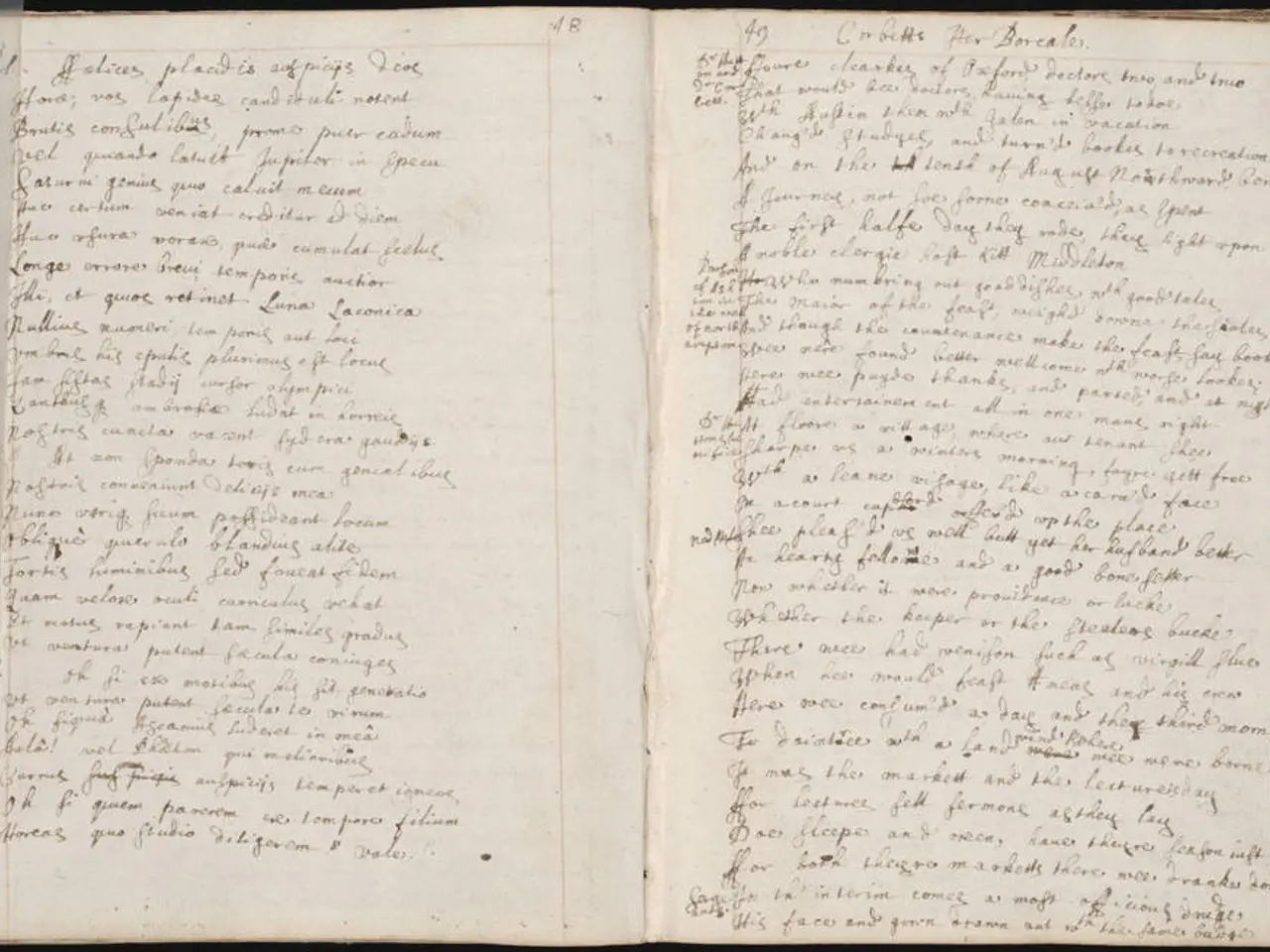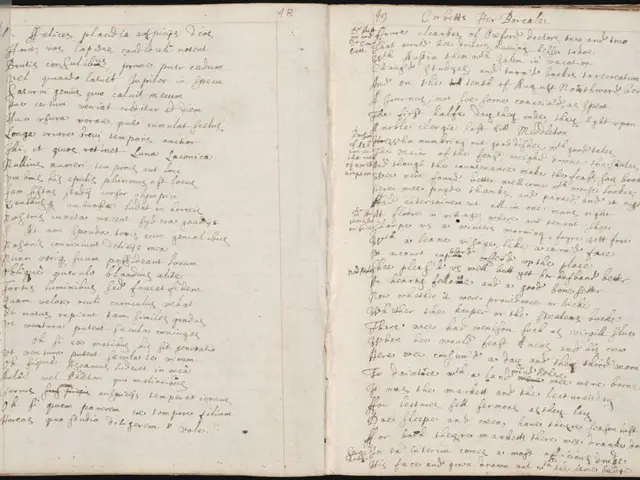Substack Affirms Commitment to Safeguarding Writers Faced with Governmental Harassment Instigated by Trump
In the current political climate, writers and journalists, particularly those critical of Israel or supportive of Palestine, are facing increased persecution. This is especially true for Palestinian journalists who remain in Gaza and the occupied Palestinian territories.
Recent data shows that over 260 Palestinian journalists and media workers have lost their lives during Israel's military campaign since October 7, 2023, with many more detained. This persecution includes physical violence, smear campaigns, legal threats, censorship, and media blacklisting by Israeli intelligence and pro-Israel advocacy groups.
Foreign journalists have been systematically barred from entering Gaza for independent reporting for nearly two years, preventing firsthand international coverage and effectively silencing Palestinian perspectives. Israeli authorities have also cracked down on journalists and media outlets critical of government policies, including in Israel itself.
International human rights experts, the Committee to Protect Journalists (CPJ), the International Commission of Jurists, and press freedom organizations have widely criticized this coordinated repression, characterizing it as a violation of international humanitarian law. The U.S. Senate has urged the U.S. administration to press Israel on protecting journalists and stopping censorship.
Amidst this challenging environment, Substack, a popular writing platform, has announced a partnership with the Foundation for Individual Rights and Expression (FIRE) to offer legal support for foreign writers residing lawfully in the United States. This partnership extends to writers regardless of whether they publish on Substack.
FIRE, known for its legal defense programs for university faculty and student journalists, also offers support for journalists. The Defender program connects writers who face legal challenges to media lawyers for free advice and direction, and subsidizes the cost of mounting a defense.
This move by Substack comes at a time when critics of the Trump administration and its allies are feeling particularly tenuous. The Trump administration has targeted at least 300 students for deportation and visa revocation. Rümeysa Öztürk, a doctoral student at Tufts University, was arrested for co-writing an op-ed describing Israel's military campaign in Gaza as a genocide. FIRE may help pay the legal fees for such challenges.
FIRE's partnership with Substack is not the only initiative aimed at supporting vulnerable writers. The organisation also has legal defense programs for journalists, university faculty, and student journalists. Substack has defended publishers expressing white nationalist and Nazi ideology, allowing them to continue monetizing their content on the platform. However, this decision has led some writers to ditch Substack.
In addition to these organizations, other groups such as the Committee to Protect Journalists (CPJ), the International Federation of Journalists (IFJ), Index on Censorship, Reporters Without Borders (RSF), and the International Commission of Jurists (ICJ) work tirelessly to raise international awareness, provide legal and material support, and advocate diplomatically for the protection of persecuted journalists and writers.
However, access to on-the-ground legal support inside Gaza is severely limited due to Israeli restrictions and the ongoing military conflict. These organizations continue to strive to provide critical but often insufficient legal and advocacy support amid major obstacles on the ground.
- Tech companies, possibly including Substack, might consider expanding their legal support programs to help Palestinian journalists and writers based in Gaza, as they face significant challenges in their pursuit of truth and freedom.
- As concerns over journalistic freedom grow, Gizmodo or other general-news outlets could delve deeper into the impact of Israel's policies on technology, discussing how these policies may affect the future of technology and communication within the occupied Palestinian territories.
- In light of the increasing politicization of journalism and the closure of independent media outlets, future technology may hold promising solutions, such as secure, encrypted communication systems, to help journalists in the occupied Palestinian territories and beyond evade persecution and continue their crucial work.








